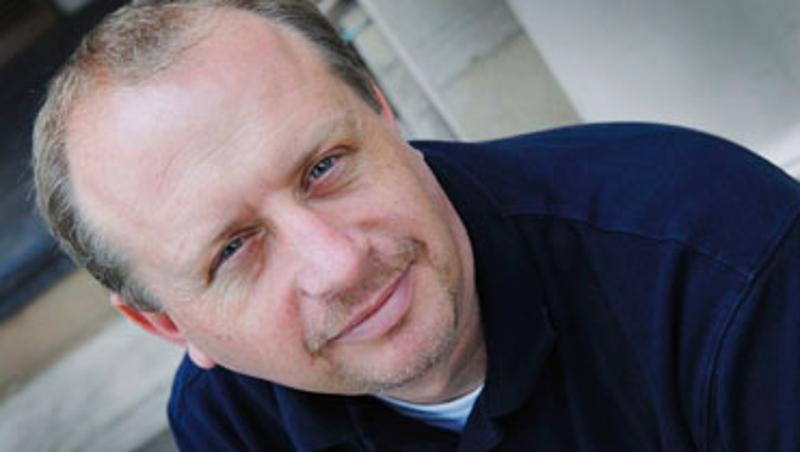
Cigarette tax increases could create a booming black market in illegal tobacco with increasing profit margins for organised criminal gangs who smuggle it into Australia, QUT researchers have found.
QUT School of Justice researchers Dr Mark Lauchs, Dr Vy Le and Elizabeth Rowe examined the shape of the illicit tobacco market in Australia and the probable players who supply and sell it.
Tax increases mean that by 2016, the taxed retail price of cigarettes in Australia will be $25 per packet, - or $1 per cigarette - the highest in the world.
"This tax is a worthwhile and effective public health policy, however, price rises create an incentive for people to seek cheaper tobacco from an illegal marketplace - a marketplace with an increasing profit margin," Dr Lauchs said.
"We're going to be $25 for a pack and the price in Vietnam is $1.08 a pack, for a well-known brand. So the price for a pack is almost equivalent to one cigarette here."
Different tobacco taxation rates in Europe and between US states had already created a flourishing illicit tobacco trade in those parts of the world, Dr Lauchs found.
"A smoker in England can drive to Hungary and drive back with a car full of cigarettes and it's unlikely anyone will check. In the US, tobacco trades between states, out of Canada, and out of Native American reservations," he said.
"You can't do any of that in Australia. So the participants have to be highly organised. And when we say organised crime it will be organisations of people doing ongoing trade."
Dr Lauchs found someone legally purchasing tobacco at retail price in Vietnam could sell it in Australia for less than half the market price and still make a 1000 per cent profit.
"And beyond cigarettes you've got chop chop (loose tobacco)," Dr Lauchs said. "You can fill a shipping container in the Philippines with chop chop for $20,000 which, before the last set of rises, you could sell in Australia for $1 million or $2 million."
Dr Lauchs found overseas migrants who had settled in Australia from countries with large smoking populations would seek cheaper tobacco from within their community.
"Australian smokers are going down but we're importing our smokers from overseas," he said.
"Only 22 per cent of Australian males smoke, but among the top ten countries of birth for migrants are China (51 per cent of males smoke), Italy (33 per cent), Malaysia (50 per cent), the Philippines (47 per cent) and Vietnam (48 per cent) and there are also growing communities from the nations with the highest rates like Russia (71 per cent).
"Tobacco is being smuggled in now but I doubt very much that it is classic organised crime. It's going to be people from their community importing to their community. China is a big exporter, so Chinese to Chinese, Middle Eastern to Middle Eastern, that sort of thing, which makes it a lot harder to see."
With smoking rates in Indigenous communities around 40 per cent, Dr Lauchs said the tax increase also raised the possibility of "sly tobacco" being smuggled.
He said organised criminal groups saw tobacco smuggling as "low risk alternative to other criminal activity" because there was less chance of being caught and smaller penalties for those who were.
From 2010-12, the Australian Customs and Border Protection Service (ACBP) reported 143 detections totalling 744 tonnes of tobacco and 272 million cigarettes with a potential evasion of $378 million in tax.
But Dr Lauchs found only 17 cases over a decade of prosecutions in higher courts. The ACBP reported between 30 and 50 tobacco seizures a year and, in 2011-12, reported 3,629 detections of cannabis.
"The Australian Crime Commission acknowledges organised crime groups perceive the illegal tobacco market as an opportunity for large profits and low risk of detection with limited penalties," Dr Lauchs said.
"There will always be hardcore smokers who continue smoking no matter what the cost is and want to avoid the impost of the taxation by looking for an illegal source of tobacco.
"The authorities take illicit tobacco seriously but they've got to make their choices on what they do with increasingly decreased resources. It's not a good look if they say they are going to start arresting more tobacco smugglers than cocaine smugglers, for example."
Media contact:
Rob Kidd, QUT Media, 07 3138 1841, rj.kidd@qut.edu.au
After hours, Rose Trapnell, 0407 585 901


